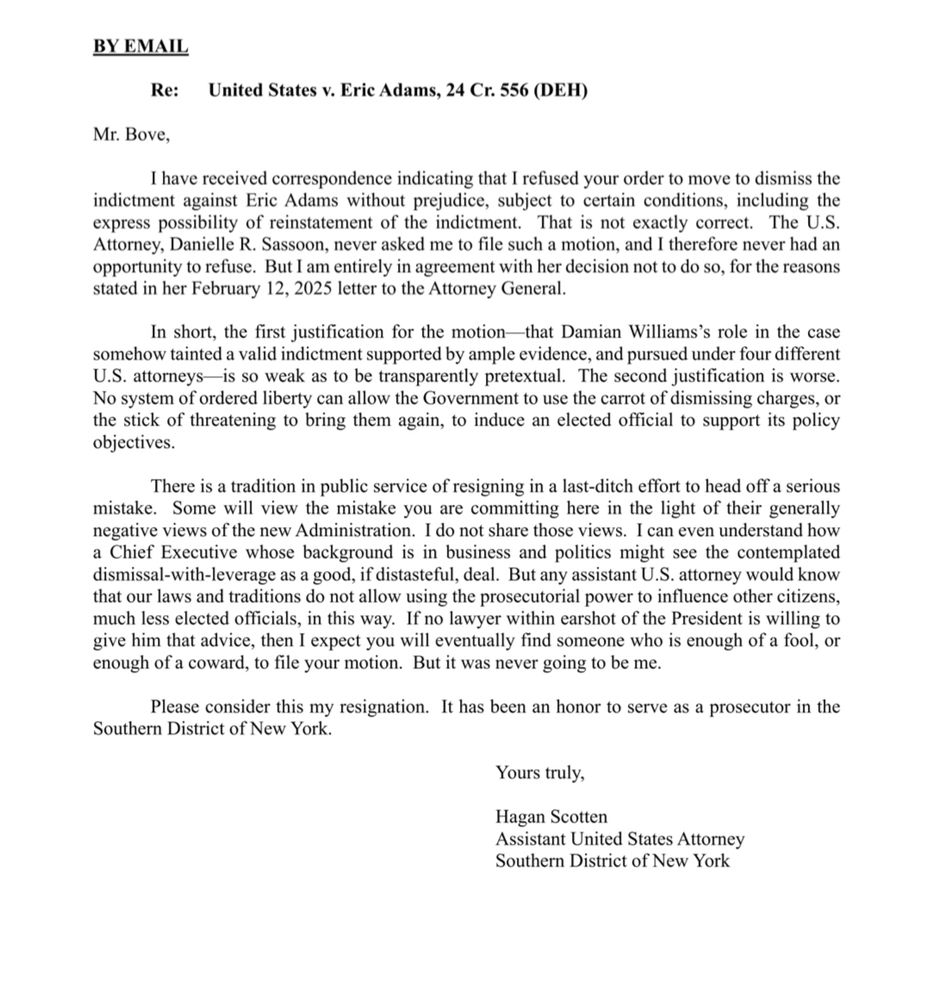Andrea Scoseria Katz
@andreascoseriakatz.bsky.social
4.8K followers
570 following
15 posts
Associate prof, WashULaw. ConLaw, legal history, the presidency, administrative law.
Posts
Media
Videos
Starter Packs
Reposted by Andrea Scoseria Katz
Jamal Greene
@jamalgreene.bsky.social
· Feb 15
Reposted by Andrea Scoseria Katz
Jed H. Shugerman
@jedshug.bsky.social
· Feb 16

Birthright Citizenship: Barnett & Wurman’s NY Times Essay and their Bates Backfire
Randy Barnett & Ilan Wurman had a guest essay in the N.Y. Times on Feb. 15th: “Trump Might Have a Case on Birthright Citizenship.” The bottom line is that their essay backfires, bec…
shugerblogcom.wordpress.com
Reposted by Andrea Scoseria Katz
Pat Sobkowski
@patsobkowski.com
· Feb 13
Reposted by Andrea Scoseria Katz
Reposted by Andrea Scoseria Katz
Barb McQuade
@barbmcquade.bsky.social
· Feb 14
Reposted by Andrea Scoseria Katz
Rick Hills
@rickhills.bsky.social
· Feb 3
Reposted by Andrea Scoseria Katz
Noah Rosenblum
@narosenblum.bsky.social
· Nov 21
Reposted by Andrea Scoseria Katz






